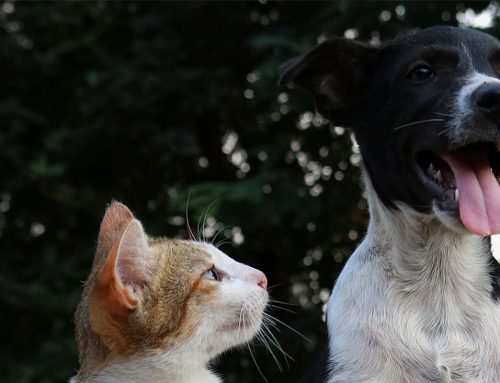Protect your Best Friend
Getting your dog vaccinated against common canine diseases is the best thing you can do for your dog, when it comes to helping him live a long and healthy life. Puppies are immunised against disease only for the initial few weeks after birth as the mother’s milk transfer the antibodies which have the ability to fight disease. Once that period is over, future disease protection is dependent on you and your veterinarian.
How do Vaccines Work?
Vaccines contain small quantities of killed or modified strains of bacteria, viruses or any other organism that is liable to cause the disease. When injected into the dog’s body, the vaccine triggers the immune system to produce antibodies, which are protein-based cells with the ability to defend against the disease.
When should your puppy be vaccinated?
The immunity gained by puppies from mother’s milk reduces by the time he is 6 weeks old and this is the right time to get him vaccinated. In this first vaccination course 2 or 3 injections are given usually with a gap of 3 to 4 weeks. After this the puppy should have repeated vaccinations for the rest of his life. Always consult the veterinarian for proper guidance regarding your pet vaccination schedule.
Which vaccinations should my puppy receive?
According to majority of veterinarians, pets must be safeguarded against all the common diseases. Such diseases includes: Canine Distemper, Infectious Canine Hepatitis, Canine Parvovirus and Canine Tracheobronchitis (Canine Cough). Other vaccinations may also be recommended by your veterinarian after an assessment and review of the factors of your dog’s lifestyle and genetics.
Canine Distemper
Vaccination against this often fatal, hard-to-treat disease is absolutely essential. Highly contagious, it is spread by discharges from the noses and eyes of infected dogs. Symptoms can include listlessness, fever, coughing, diarrhoea and vomiting. Convulsions and paralysis may occur in the disease’s final stages. The distemper virus attacks many organs, including the nervous system, which may be permanently damaged, even if the dog recovers.
Canine Tracheobronchitis (CANINE COUGH)
This respiratory-tract infection is easily transmitted from one dog to another, so vaccination is imperative if your pet will come into contact with many other dogs in such situations as obedience training or boarding kennels. Caused by various airborne bacteria and viruses, including Canine Parainfluenza virus, Canine Adenovirus Type II and Bordetella bronchiseptica, you’ll first notice its onset by your dog’s dry, hacking cough.
Canine Parvovirus
This kind of virus emerged in 1978 in many parts of the world and is very dangerous and contagious. It is harmful, devastating and widespread. The resistance of this virus is very high and it can remain in the environment for a long period of time and is usually spread from faeces. Its symptoms are very common and may include a rise in temperature, lethargy, vomiting and bloody diarrhoea. This disease is very common and extremely serious in older dogs and young growing pups. Vaccination is the only certain method of preventing this potentially fatal disease
Infectious Canine Hepatitis
This infection is caused by Canine Adenovirus Type I, which is transmitted from one dog to another through saliva, bacteria in urine or faeces. Distemper and this disease have similar symptoms which are harmful and cause liver failure, eye infections and breathing problems. Vaccination is the only certain method of preventing this potentially fatal disease.
Other Immunisations
After a complete check up of your dog, your veterinarian may also suggest vaccination against other harmful diseases which may include:
• LEPTOSPIROSIS – a bacterial disease which attacks the kidneys and liver. It potentially affects dogs in certain geographical areas and only for particular strains of the disease.
How effective is vaccination?
Like any drug or surgery, 100% prevention from disease after vaccination is not guaranteed. This said, vaccination, in conjunction with good hygiene and diet is the best method to protect your dog from diseases. Vaccination is very cost effective, compared to the cost and distress caused by treating the illness.




